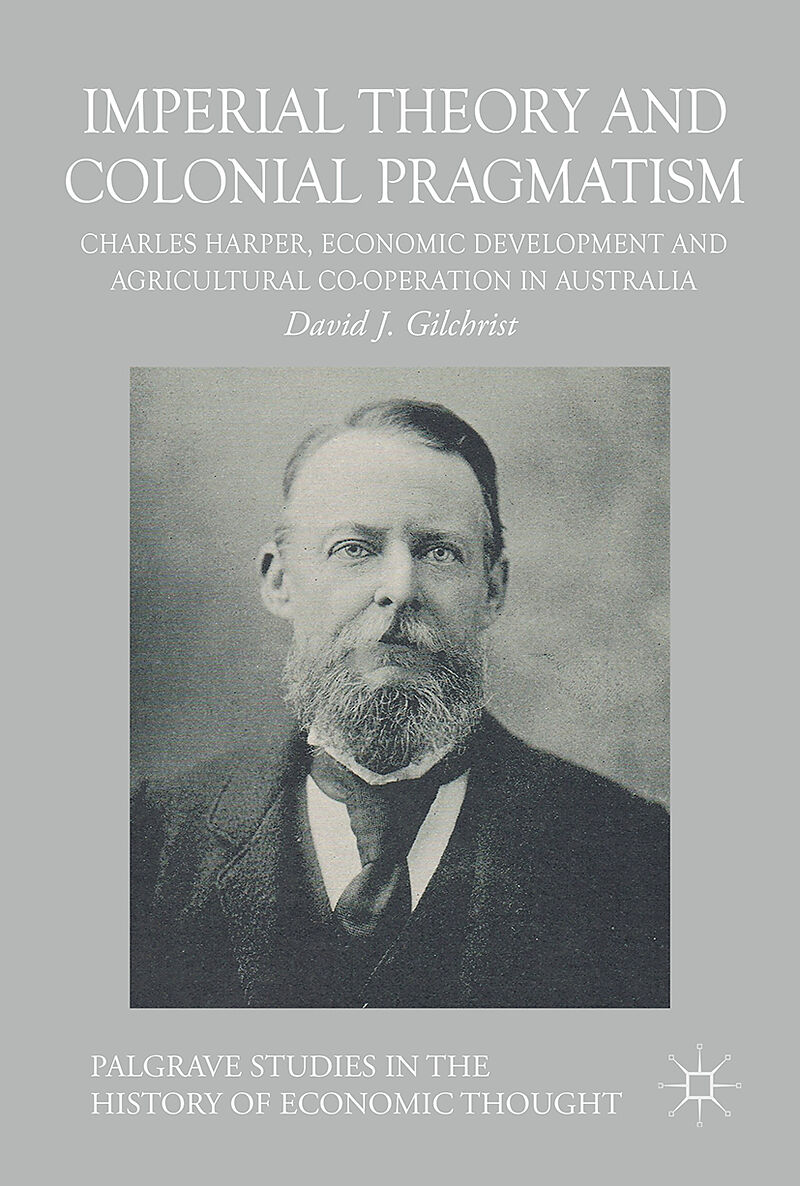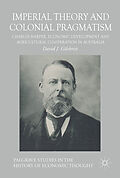Willkommen. Schön, sind Sie da!
0


Imperial Theory and Colonial Pragmatism
Beschreibung
Of interest to historians of economic thought, British Imperial history, Australian economic and political history, and comparative economic and agricultural history Highlights Harper's significance in Western Australian parliamentary development, commerce, a...Format auswählen
- Fester EinbandCHF 139.20
- E-Book (pdf)CHF 109.50
- Kartonierter EinbandCHF 138.40
TIEFPREIS
CHF139.20
Print on Demand - Exemplar wird für Sie besorgt.
Kostenlose Lieferung
